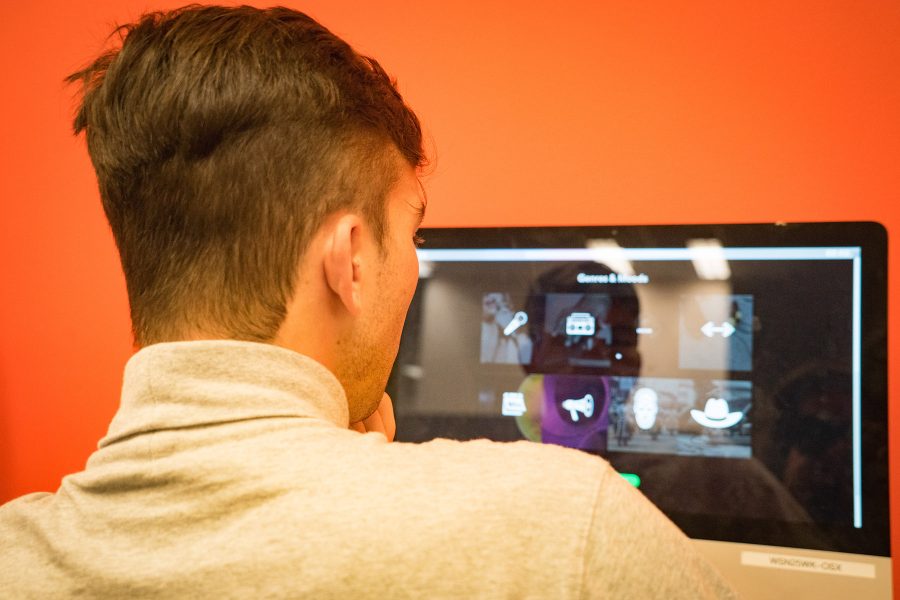The age of independent artists may have just cemented its staying power for good.
Spotify’s recent unveiling of its new initiative, which allows independent creators to upload their music directly to the service without the need for a formal distributor, is now in its limited beta stage, with select artists demoing the feature. Though the initiative can be considered a win for artists without a label or distributor, it has left some musicians uncertain about what kind of impact it will have on the landscape of Spotify and the greater music industry.
“The music industry is cutting out the middleman more and more,” Been Stellar band member and Tisch sophomore Sam Slocum said. “Bands and musicians don’t talk about trying to get signed like they used to, especially in the independent music scene. It’s unnecessary and I feel like Spotify is catering to this movement by helping artists take things into their own hands a bit more.”
In launching this service, Spotify is trying to increase accessibility to its platform. By theoretically allowing anyone to upload music, Spotify has opened the floodgates for non-mainstream musicians to become part of its catalog. Steinhardt sophomore and musician Kirk Palsma noted that the streaming service’s decision speaks to how accessibility of music distribution has evolved over time.
“Compared to five years ago, and especially compared to 10 or 20 years ago, it’s so much easier to put your music out there,” Palsma said. “It kind of seems to be the continuation of this process of de-marketization of music and how the internet has put a lot more power in the hands of musicians that don’t have a following already. The notion of celebrity, the people giving us the content and the consumer — the line between that is getting blurrier and blurrier.”
Palsma expressed concern that the sheer scale of the service could make it even harder for individual artists to stand out from the general public and earn money.
“When it becomes a thing like YouTube, it’s a similar culture where it [became] less and less exclusive and now anyone can do it,” Palsma said. “I think, in the long run, it’s good. For me, personally, as an artist, it’s a little scary. If you’re making it so that anyone can put anything on Spotify, it’s a lot harder to advocate for better pay for artists.”
Tisch senior and musician Claire Hawkins questioned potential legal issues that could arise from such an initiative.
“How do we make sure no one’s infringing on copyright?” Hawkins said. “It seems like there are too many opportunities to game the system and this is opening up a few more. I think there’s going to have to be some way that they differentiate but I don’t know what that’s going to entail.”
Regardless of potential problems, Hawkins also said that the initiative could work well for Spotify and add to its reputation as a tool for discovering new artists.
“My immediate thought is that they’re just going to let the self-uploaded songs be their one thing, but they could really capitalize on it,” Hawkins said. “I think a lot of people like to discover [artists]. That could become a whole movement in itself.”
Hawkins concluded that Spotify’s new approach marks an overall positive reward for independent artists and a shift in the mindset of larger music companies.
“On the whole, I think it’s a really great step in a really great direction,” Hawkins said. “I love this idea that big companies care about independent artists. It seems like this new thing that all of a sudden they’ve [realized] independent artists matter. I don’t see a huge immediate downside, which is good. There might be one, but I don’t see it yet.”
A version of this article appeared in the Monday, Oct. 15 print edition. Email Ethan Zack at [email protected].























































































































































